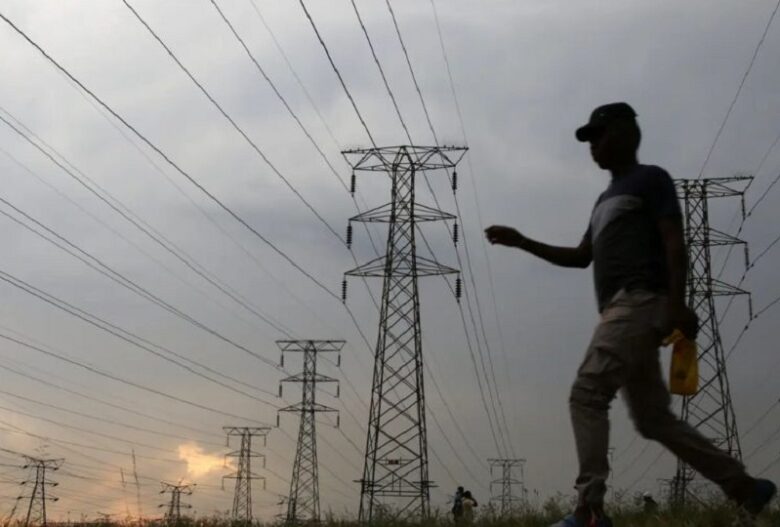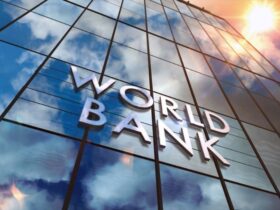African nations are set to receive a significant boost from a $90 billion electricity fund backed by the World Bank and the African Development Bank (AfDB).
This initiative aims to provide electricity to 300 million people across the continent by 2023, according to Bloomberg.
On Friday, leading climate organisations, including the Rockefeller Foundation, Global Alliance for People and Planet, and Sustainable Energy for All, announced the launch of a new technical assistance facility as part of the Mission 300 program.
This facility will assess and support projects, helping them secure funding if they meet specific criteria.
“Every project starts with a single payment,” said Rajiv Shah, president of the Rockefeller Foundation. “The technical assistance facility is designed to help the World Bank and AfDB jump-start their ambitious electrification plans throughout sub-Saharan Africa.”
If successful, this plan could bring electricity to half of the 600 million Africans currently without access. The continent is home to about three-quarters of the global population lacking power, with countries like South Sudan, Burundi, and Chad having electrification rates below 12%. This situation severely limits productivity and hinders economic growth in some of the world’s poorest nations.
“We’ve seen stagnation in expanding electricity access over the last 15 years,” Ashvin Dayal, head of the Rockefeller Foundation’s power and climate program, told Bloomberg TV. “This is the defining climate and development challenge for the continent over the next 20 years.”
The Rockefeller Foundation, along with the Global Energy Alliance for People and Planet (GEAPP), which it co-founded with the Bezos Earth Fund and the Ikea Foundation in 2021, is initially allocating $10 million to support 15 projects across 11 African countries, including Burkina Faso and Mozambique. The program will focus on clean energy through technologies like mini-grids.
One example of a potential project is Nigeria’s DARES initiative, where the World Bank has allocated $750 million to expand rooftop solar and mini-grids, aiming to provide electricity to 17.5 million people in a country where about 85 million currently lack power.
In April, the World Bank committed $25 billion to the program, while the AfDB pledged $5 billion. Further commitments are anticipated at a World Bank International Development Association meeting in South Korea this December, followed by a summit in Dar es Salaam, Tanzania, in January.
The goal is to secure the $90 billion in funding through a mix of public, concessional, philanthropic, and commercial sources. Possible contributors include the International Monetary Fund’s Resilience and Sustainability Trust and re-channeled special drawing rights issued by the IMF.
“We need to create bankable projects that deliver impact and commercially viable returns,” said Woochong Um, CEO of GEAPP. “We will launch a major fundraising and advocacy effort to mobilize the necessary resources.”
Under the program, countries will be encouraged to enhance their funding access by committing to reforms that promote green energy deployment. “Expanding electricity access in Africa will require a broad and growing coalition,” emphasized Ajay Banga, president of the World Bank.
YOU MAY ALSO READ: Taiwan Court upholds Death Penalty for serious crimes, sparking calls for abolition









Got a Question?
Find us on Socials or Contact us and we’ll get back to you as soon as possible.